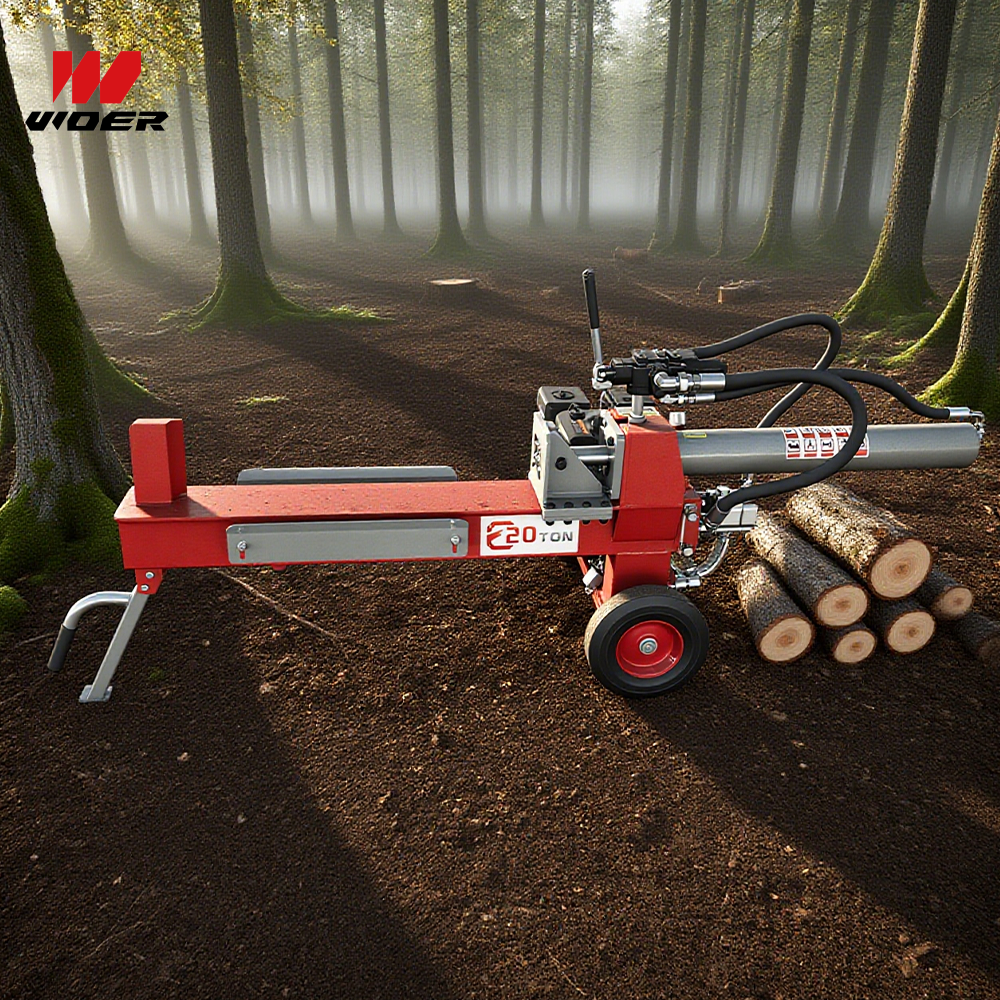Navigation
Contact us
Phone
Message

How Different Wood Types Affect Log Splitter Performance
1.Does the type of wood affect how a log splitter performs?
Yes, wood species differ in hardness, moisture content, and grain structure, all of which influence splitting difficulty and machine performance.
2.Which types of wood are easier to split with a log splitter?
Softwoods like pine, fir, and cedar typically split more easily due to lower density and softer grain.
3.What challenges do hardwoods present to log splitters?
Hardwoods such as oak, maple, and hickory are denser and tougher, requiring higher splitting force and more powerful machines to split effectively.
4.How does moisture content in wood impact splitting?
Freshly cut (green) wood has higher moisture, which can make splitting harder due to its fibrous nature. Seasoned or dry wood splits more readily.
5.Can a standard electric log splitter handle all wood types?
Standard electric splitters are usually designed for soft to medium hardwoods. For very hard or large logs, higher-tonnage or gas-powered splitters may be necessary.
6.How should I choose a log splitter based on the wood I process?
Consider the species, log size, and frequency of use. For dense hardwoods or heavy commercial use, select a splitter with higher tonnage and durable components.

This stunning beach house property is a true oasis, nestled in a serene coastal community with direct access to the beach.
Contact
West Street, Melbourne Victoria 3000 Australia